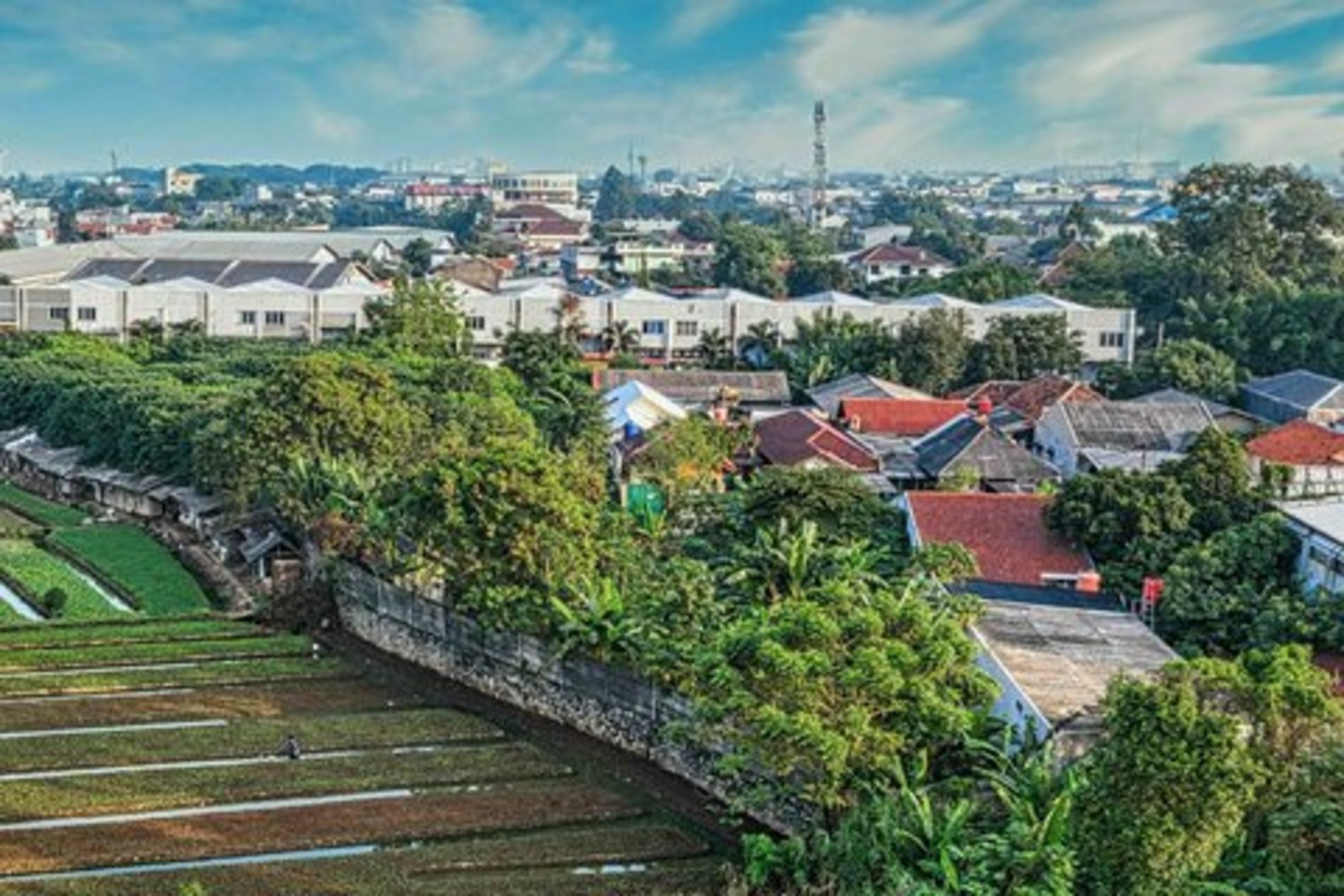Seeking solutions to complex health and environment challenges
The Tule River Reservation in the foothills of California’s Sierra Nevada mountains may not look much like the flat farmlands of Lowndes County, Alabama, or the grassland plateau that covers much of Mozambique, but the three communities – Native American, predominantly Black, and a blend of African ethnicities – share a story. Poverty and inequality, combined with increased threats of environmental degradation and climate change, have put their health in jeopardy.
Working closely with these communities, Stanford University researchers will investigate potential solutions to air pollution exposure, unsafe sanitation, and cascading impacts of extreme weather events on healthcare infrastructure. The three projects are the first to be awarded Healthy Planet, Healthy People Early-Career Research Awards. The seed grants provide up to $200,000 for research efforts led by Stanford-affiliated assistant professors or instructors focused on solutions to complex health challenges involving climate, pollution, global change, food, and the environment.
“Bridging disciplines and working collaboratively with communities is the kind of innovative research that I hope to do,” said grant awardee Gabrielle Wong-Parodi. “I believe it’s essential to address the environmental and health problems we face today.”
In a rapidly changing world, health – especially in vulnerable and historically marginalized communities – is increasingly tied to climate change, sustainability, and environmental justice. Finding solutions to challenges that bridge these issues requires a new approach: crossing disciplines, collaborating closely with communities, and innovating at every step. To that end, the new seed grants prioritize projects that bring together scholars from environmental sciences, public health, systems thinking, and other fields, rely heavily on stakeholder feedback, and aim for real world solutions.
“We want to turbocharge the research pipeline and move new ideas into action,” said Katherine Burke, Human and Planetary Health lead at the Stanford Woods Institute for the Environment and a senior advisor at the School of Medicine's Center for Innovation in Global Health. “The idea behind the initiative is to encourage junior faculty to invest time and talent in research at the intersection of health and the environment. As they build their research programs and establish labs, we hope to incentivize work that creates scalable solutions for people and the planet.”
Healthy Planet, Healthy People builds on four areas of strength for Stanford: climate and health, pollution and health, ecology and infectious disease, health and the environment, and food systems. The initiative will be a key part of the new Stanford Doerr School of Sustainability’s efforts to promote cutting-edge research, develop innovative solutions, and train leaders to create and sustain a healthier planet – one that supports human wellbeing and livelihoods as well as ecological resilience.
“This enables us to forge partnerships with an international organization working on the ground,” said grant awardee Jenny Suckale. “That leads to more meaningful contact with local agencies and decision-makers than would be possible otherwise."
2022 Projects
Establishing data-driven community mitigation strategies for climate change and air quality on the Tule River Reservation
Principal Investigator: Gabrielle Wong-Parodi
Due to its location on the eastern edge of the San Joaquin Valley, the Tule River Reservation in Tulare County, California, has the third highest levels of air pollution in the nation and a high risk of wildfires and exposure to wildfire smoke. To identify culturally appropriate, actionable interventions that improve environmental quality and resident wellbeing, this project will implement air pollution monitoring, and seek to understand how tribal members view environmental pollution and what role they see for data obtained from pollution monitoring in the development of policies and programs. The work will be done in collaboration with the Tule River Indian Tribe and Tribal partners, with plans to implement results of the work on the reservation to increase resiliency.
Co-creating sanitation justice: community-based monitoring and mitigation of climate-exacerbated pollution
Principal Investigator: William Tarpeh
Sanitation access in the U.S. is widespread but still not universal. Communities lacking safe sanitation suffer from disproportionate exposure to environmental contaminants and increased vulnerability to climate change. This project aims to address these intersecting issues in a rural, majority Black community in Lowndes County, Alabama, where inadequate sanitation, including malfunctioning septic tanks, can lead to prohibitively expensive maintenance and irreversible algal blooms that compromise ecosystems and livelihoods. In collaboration with community organizations, such as the Center for Rural Enterprise and Environmental Justice, this project will relate sanitation contaminant exposure to demographic indicators, prioritize effects of climate change stressors on sanitation-related health impacts, and design improved sanitation infrastructure that maximizes economic viability and community engagement.
Resilient healthcare infrastructure nexus: assessing extreme weather-related vulnerability and identifying resilience options in Mozambique, Africa
Principal Investigator: Jenny Suckale
Healthcare systems are connected with and dependent on other sectors, namely water, energy, transportation, and telecommunications. A blow to one or more of these sectors could induce cascading effects on others, leading to large-scale catastrophes that spiral out of control. Using Mozambique, a developing country, as a case study, this projects aims to create a model that is able to capture the interconnectivity, interdependency, and flow of the healthcare infrastructure nexus. Working with the partners, including the World Bank, the researchers will investigate the cascading impacts of climate-change-induced extreme weather events, such as floods and tropical cyclones, on the healthcare infrastructure nexus, and identify evidence-based resilience options under future climate scenarios. The analysis will contribute to the knowledge base and toolbox that helps international organizations better target critical infrastructure sectors and stakeholders in developing strategic response, recovery, mitigation, and preparation plans.
Explore More
-
Gabrielle Wong-Parodi and Jim Leape are leading an initiative to launch the planned Sustainable Societies Institute by the end of 2024.
-
Stanford economist Paul Milgrom won a Nobel Prize in part for his role in enabling today’s mobile world. Now he’s tackling a different 21st century challenge: water scarcity.




